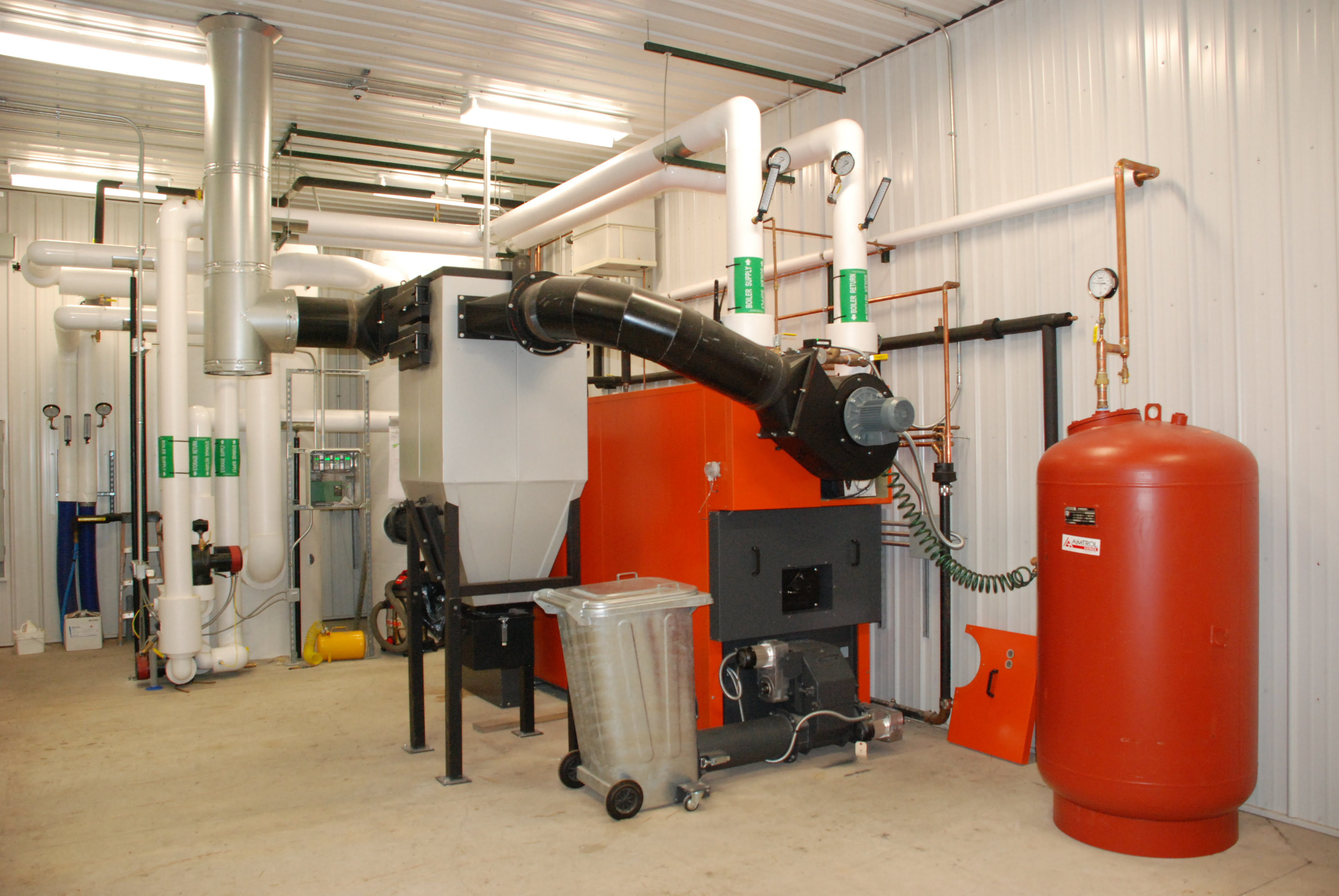You are here
Projects Updates for place: Energy Farm
- Associated Project(s):Attached Files:
17F SSC Final Report - TRT
Associated Project(s):Attached Files:iWG meeting agenda November 30, 2017
Associated Project(s):Attached Files:2009 Gable House moved
Associated Project(s):Funding Letter - Geothermal TRT
Associated Project(s):Attached Files:Biomass Boiler Open House
Associated Project(s):RE-Home
Associated Project(s):EGEN SWATeam Meeting (4.13.17)
EGEN SWATeam Meeting (3.30.17)
EGEN SWATeam Meeting (3.10.17)
RLF projects approved
Biomass Boiler at Energy Farm
Geothermal Profile Project
Biomass Boiler Information Presentation 2016
Associated Project(s):Attached Files:Funding Approval for Biomass Boiler
Associated Project(s):Attached Files:Biomass Boiler at the Illinois Renewable Energy Conference Presentation 2016
Associated Project(s):Attached Files:Our Budding Biomass Boiler
Associated Project(s):Biomass Boiler ICECF grant approved
Associated Project(s):Update from Ben McCall
Associated Project(s):Element House at the Energy Farm
Associated Project(s):

